In May 2023 the Environmental Protection Agency (EPA or the Agency) issued proposed emission standards (the Rules) for existing and new Fossil Fuel-Fired Electricity Generating units. Issued under EPA’s Section 111 authority wherein the Agency asserts the right under the Clean Air Act and subsequent court rulings to regulate greenhouse gas emissions, the new standards, if sustained, would accelerate retirements of coal plants. The Rules also impact utility plans to operate existing and to build new natural gas plants.
UNC Kenan-Flagler Energy Center Director Stephen Arbogast discusses the power of carbon taxes to accomplish several goals for energy producers and consumers alike.
A daunting tangle of problems defines the global energy space as 2022 winds down. On the one hand, the war in the Ukraine combined with curtailed Russian oil/gas supplies into Europe has reminded many that unfriendly energy suppliers can also deliver inflation and hardship to their customers. On another side, efforts to increase oil/gas supplies both in Europe and globally, face stout resistance to anything that might further entrench hydrocarbons into national economies. Inflation is prompting monetary policies to tighten even as fiscal indiscipline continues via historically high government deficit spending. Concerns over climate change remain an article of faith among leaders of many countries. Other voices decry the folly of calls to suppress oil/gas production when greener alternatives are not ready to replace them. Electorates seem both confused and restless. The risk that they vote in leaders less insistent on decarbonizing economies is palpable.
Stephen Arbogast, Director of the Energy Center at the Kenan-Flagler Business School, offers an in-depth explanation of supply dynamics in global energy markets--and why oil and gas prices have been so chaotic.
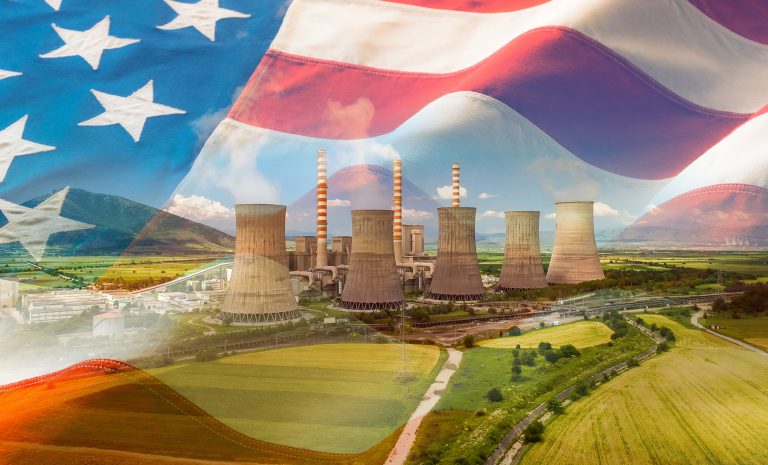
How U.S. Nuclear Power Can Rise Again
The high cost of building plants and safety concerns are among the obstacles blocking U.S. nuclear power’s return to relevance as an energy source, but the opportunity is there and government action will play a part.
It is probably not a mystery to even the most casual observer of political affairs why the historic climate, health care and tax bill signed earlier this month was dubbed the Inflation Reduction Act. Inflation is high and causing real problems for many households, and so if only Congress could legislate it away by enacting … This is not to say that the package does not deserve any enthusiasm; it is an impressive legislative feat, making significant, though imperfect, advances on health care and climate change. On the other hand, the effect it will have on inflation, its raison d’être in name, will be modest at best and occur only over time.
Nuclear power’s star has dimmed in recent years, diminished by the rise of solar, wind and natural gas as well as the 2011 disaster at Japan’s Fukushima plant. Now many nations, suddenly in need of a secure, clean energy source, have plans to reopen or extend the lives of their existing facilities.
UNC Kenan-Flagler Business School Finance Professor Stephen Arbogast discusses why embargoes on Russian oil aren’t working, why renewable energy sources aren’t the fix and how the missing link in increasing production could stabilize Europe’s energy outlook.
Further embracing renewable energy sources can help in the long term, but short- and medium-term solutions will require other answers. Join us for a virtual discussion at 11 a.m. June 20 as Stephen Arbogast, Kenan-Flagler Business School Finance Professor and director of the Energy Center, talks with Chief Economist Gerald Cohen about how focusing on the global energy supply can help Europe select the best options for creating a more stable energy outlook.
Mark Little, executive director of the Kenan Institute-affiliated center CREATE, provided expert testimony in a process that resulted in a May 11 settlement agreement regarding contracting and hiring practices for Dominion Energy’s $9.8 billion Coastal Virginia Offshore Wind renewable energy project.

Has Inflation Peaked? The News Is (Mostly) Good
First, the good news. Given what we know about current economic conditions, it is likely that the consumer inflation rate has peaked in the U.S. for the current cycle. Recent inflation reports on the Consumer Price Index (CPI) and Personal Consumption Expenditures (PCE) Implicit Price Deflator, which is the Federal Reserve’s preferred measure, show a jump to new 40-year highs in March but signs of moderation in coming months. For example, consumer goods with very large 12-month cost runups such as used cars and food away from home are starting to see prices moderate. Likewise, prices of important household goods like apparel, furnishings, prescription drugs and recreation commodities (think TVs and Pelotons) are flattening. Furthermore, some important energy prices such as crude oil and gasoline have stabilized in April after jumps in the first quarter. So, while inflation will surely remain elevated for some time, it is unlikely to get much worse.

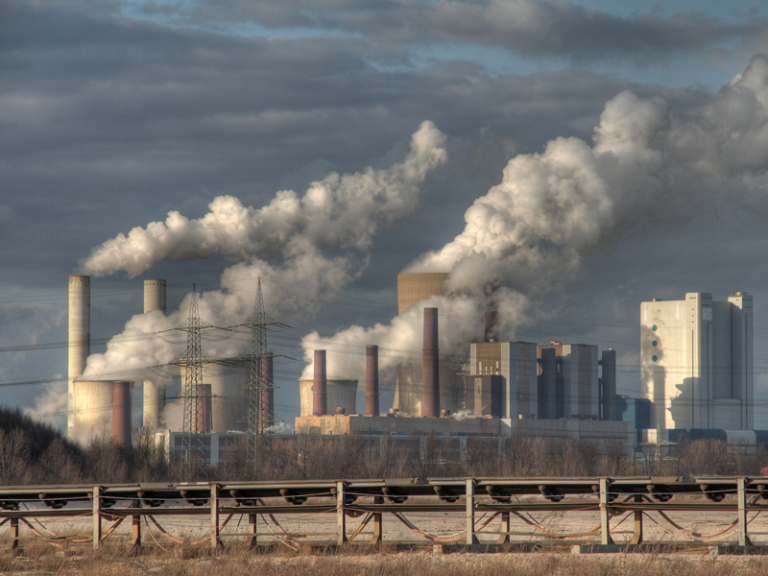



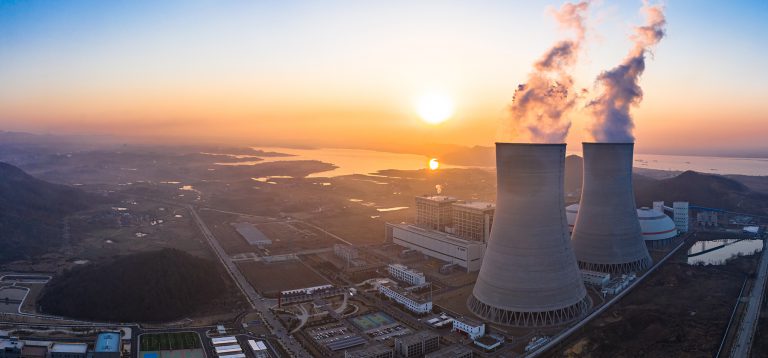
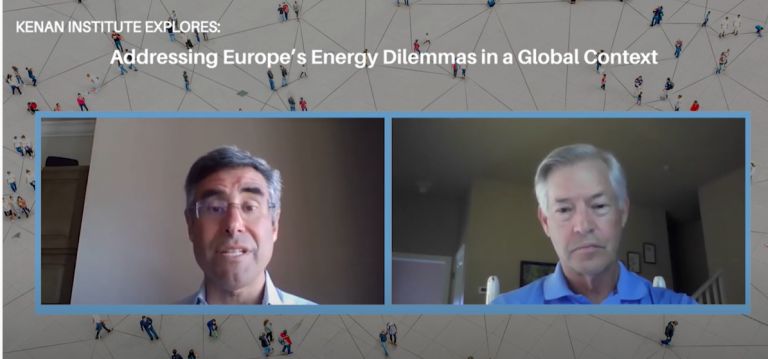
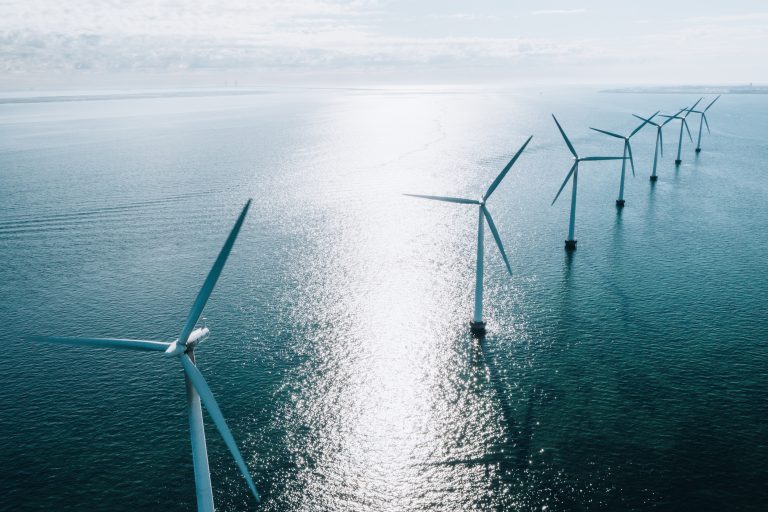
The EV Transition Makes the U.S. Economy More Resilient
Stanford Institute for Economic Policy Research (SIEPR) Policy Fellow - and former Chief Economist of General Motors - Elaine Buckberg outlines how electric vehicles can save the economy as well as the environment.